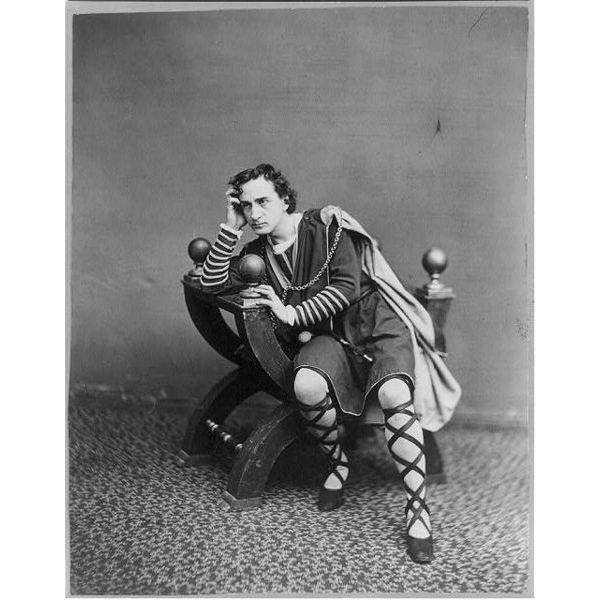Act one, scene two; Oh, that this too, too solid flesh would melt….
In this soliloquy, Hamlet starts off by expressing his wish to fade away, or even to kill himself. “Oh, that this too, too sullied flesh would melt, Thaw, and resolve itself into a dew, Or that the Everlasting had not fixed His canon ‘gainst self-slaughter!”
The everlasting one being God. Hamlet continues with this mood as he says, “How weary, stale, flat, and unprofitable Seem to me all the uses of this world!” Meaning he doesn’t take pleasure in things, and that he sees no use for this world.
Hamlet goes on to say how disappointed he is with his mother for marrying so soon after his father’s death. “But two months dead—nay, not so much, not two. So excellent a king, that was to this Hyperion to a satyr.”
In this segment, Hamlet tells us that the old king, his father, was by far a better king than his uncle. The rest of his soliloquy is about his disappointment in his mother for remarrying so soon.
“A little month, or ere those shoes were old with which she followed my poor father’s body…a beast that wants discourse of reason would have mourned longer!—married with my uncle” Despite all his disappointment, Hamlet finishes off by saying that he must hold his tongue, even though it breaks his heart.
Hamlet might not have felt the way he did if his mother had waited to marry, but Hamlet is a good boy and he clearly loves his mother. Hamlet did not confront his mother at all, and didn’t seriously consider killing himself until he met the ghost. He didn’t linger on the thought of suicide, and only lamented about his mother when he was alone. If he was allowed to go back to his studies, all would have been well.
_________________________________________________________________________________________________________________________________
Act three, scene one; To be, or not to be? That is the question.
With the thought of suicide lingering in his head, Hamlet begins to debate whether he should actually do it or not. He makes death seem more compelling by saying, “To die, to sleep—No more—and by a sleep to say we end the heartache and the thousand natural shocks that flesh is heir to—’tis a consummation devoutly to be wished!” Hamlet presents a point for the other side of the argument, “For in that sleep of death what dreams may come…”
The argument continues, but the fear of what may happen after death wins. “Thus conscience does make cowards of us all” Hamlet concludes. Ophelia approaches, and Hamlet wishes she will pray for him.
Suicide is never the answer, especially when you have an uncle to kill, and Hamlet soon figures this out after a long debate with himself. If Hamlet hadn’t feared what was after death, he most likely would have killed himself, wither his uncle was dead or not. Hamlet sees Ophelia as he finishes his debate, and most likely cheered up…for a short time.
Hamlet was sad from the beginning to the end of the play. Throughout the play, Hamlet expressed his sadness and wish for death, be it his or his uncle’s. To be, or not to be was truly a thought in his mind longer than just one scene. In the end, Hamlet gos his wish, his uncle dead, and Hamlet himself joined his father in death.


thank you so much. it helped me a lot. love from india